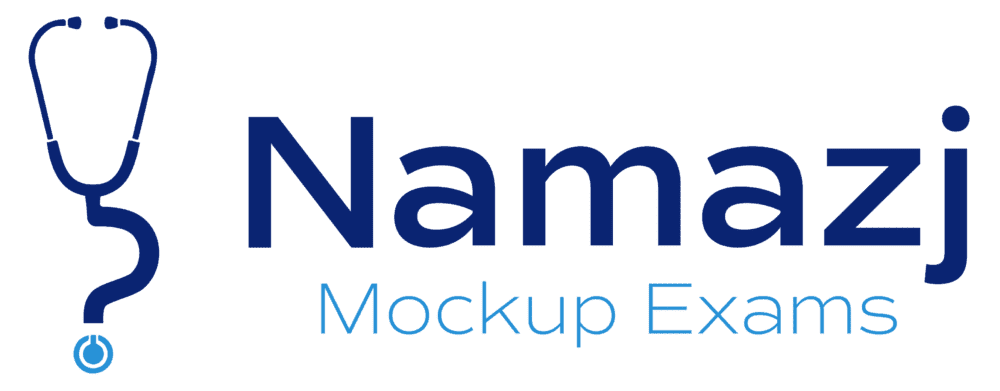💊 Your Ultimate Guide to the Prometric Exam for Pharmacists in the Gulf
If you’re a pharmacist aiming to practice in countries like the UAE, Saudi Arabia, or Qatar, passing the Prometric exam is a key step. This comprehensive test evaluates whether you’re ready to join the healthcare workforce in the Gulf.
In this guide, we’ll cover everything you need to know—from the exam format and study tips to recommended resources and mock tests. Let’s get you exam-ready! 💪🎯
🧪 What Is the Prometric Exam for Pharmacists?
The Prometric exam is a computer-based test required by healthcare authorities across the GCC, including:
-
DHA (Dubai Health Authority)
-
DOH/HAAD (Department of Health – Abu Dhabi)
-
MOH (Ministry of Health – UAE)
-
SCFHS (Saudi Commission for Health Specialties)
It’s designed to assess your knowledge in:
-
Pharmacology & Therapeutics
-
Clinical Pharmacy
-
Pharmaceutical Calculations
-
Patient Counseling & Dispensing Practices
🧠 Note: This isn’t just about memorization—it’s about applying knowledge in real-world scenarios.
👩⚕️ Who Needs to Take the Prometric Exam?
You’ll need to pass this exam if you’re applying for a pharmacist license in the Gulf region. It applies to:
-
Clinical Pharmacists
-
Community Pharmacists
-
Hospital Pharmacists
✅ Each country has slightly different requirements, so always double-check with your specific licensing body.
🖥️ Prometric Exam Format: What to Expect
Knowing the structure in advance helps reduce stress and improves performance.
-
Number of Questions: ~100 MCQs
-
Duration: 2 hours
-
Type: Single-best-answer format
-
Mode: Computer-based at authorized Prometric centers
-
Passing Score: Typically between 60–70% (varies by country)
⏳ Questions are often scenario-based, so critical thinking is crucial.
📚 Key Topics to Study
To ace the exam, make sure you focus on the most tested areas:
-
Pharmacology: Mechanisms of action, adverse effects, interactions
-
Dosage Calculations: Conversions, formulas, and accurate dosing
-
Clinical Case Scenarios: Real-world applications and decision-making
-
Pharmacy Laws & Ethics: Regulations specific to the Gulf region
-
Drug Classifications & Storage: Proper handling, safety, and guidelines
💡 Tip: Study smart—focus on high-yield, frequently asked topics.
📖 Best Study Resources for Pharmacists
Use a mix of traditional and digital resources to maximize your preparation:
Textbooks:
-
Remington: The Science and Practice of Pharmacy
-
Lippincott’s Illustrated Reviews: Pharmacology
-
CPJE or FPGEE review books
Online Tools:
-
Namazj – Prometric-style question banks and mock tests
-
Webinars and short courses tailored for Gulf pharmacy exams
-
Flashcards – Great for quick revisions and memorizing drug names or formulas
👉 Explore Namazj for ready-to-use resources and practice exams.
🗓️ Create an Effective Study Schedule
A good plan can be the difference between passing and retaking.
Here’s a sample approach:
-
Weekdays: Tackle 1–2 topics per day (e.g., Monday: Pharmacokinetics, Tuesday: Calculations)
-
Weekends: Take full-length mock exams and review your weak areas
-
Flashcard Fridays: Reinforce drug names, dosages, and formulas
🧠 Remember: Consistency beats cramming.
🎯 Practice with Prometric Mock Tests
Mock exams simulate the actual test environment—and they’re one of the best prep tools.
Why Take Mock Exams?
-
Understand the test format
-
Boost time management skills
-
Identify knowledge gaps
-
Build exam confidence
✅ Namazj offers realistic Prometric-style mock tests to help you prepare efficiently.
⏱️ Time Management Strategies During the Exam
Managing your time effectively can prevent unnecessary stress.
Tips to Keep in Mind:
-
Don’t dwell too long on tough questions
-
Flag and revisit uncertain answers
-
Use the on-screen timer to pace yourself
🎯 Goal: Aim to finish with at least 10–15 minutes to review flagged items.
🧘 Stay Calm & Focused on Exam Day
Your mindset matters just as much as your preparation.
Before the Exam:
-
Get a full night’s sleep (7–8 hours)
-
Eat a light, brain-boosting breakfast
-
Avoid last-minute cramming
-
Arrive early and stay composed
✨ Confidence comes from preparation—trust your hard work!
📩 After the Exam: What’s Next?
Once you pass, here’s what to do:
-
Submit your results to the relevant health authority
-
Complete your professional classification
-
Apply for your official pharmacist license
💼 Need help navigating the post-exam process? Namazj can guide you every step of the way.
💭 Final Thoughts
The Prometric exam for pharmacists might seem daunting—but with the right strategy, it’s absolutely manageable. Focus on core concepts, take regular mock exams, and manage your time wisely.
With support from platforms like Namazj, you’ll have everything you need to succeed—from prep to licensing.
🚀 Let’s make your pharmacy career in the Gulf a reality!

